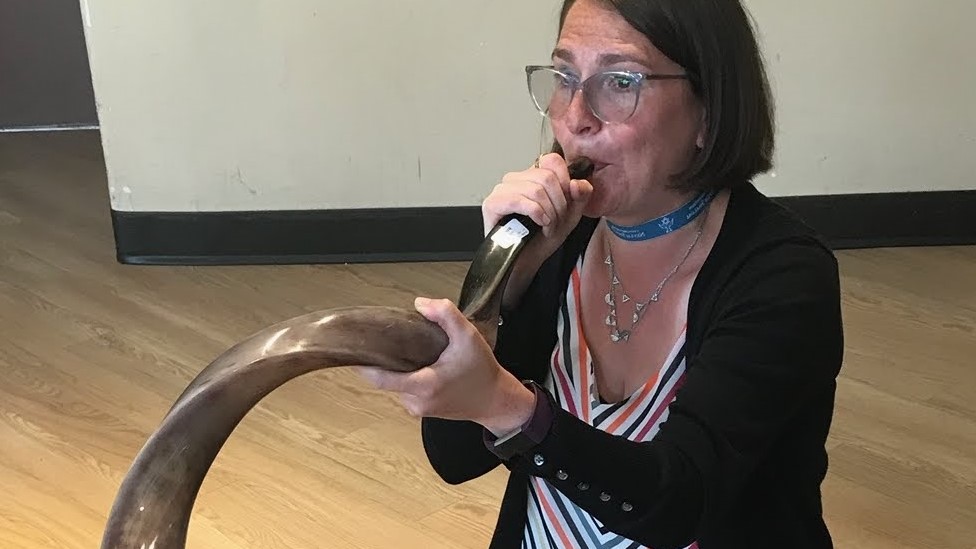Life is about experiences, and some stick with us so vividly that certain smells, tastes, and even sounds can take us right back there. In fact, the sense of smell is known to have a big connection to memory. Sometimes I get a whiff of something like my father’s cologne at times, and it’s as if he’s visiting me somehow. And smells like chicken soup and chocolate chip cookies will thrust me right back into my mother’s kitchen preparing for Passover. In those moments it’s like I’m literally feeling the memory of warmth, an embrace, and family togetherness.

On the flip side, there are times when I am desperate to relive a memory and can’t find a way to evoke that tight connection. Those are the moments that make sad, and feel as if that familiarity is gone forever.
Many of the experiences described in the Torah are also the kind that evoke memory long after the moment has passed. The sacrifices we learn of produced an array of aromas, and the sound of all of Israel gathering at the mountain and then hushing must have provided quite a contrast. Parshat Emor reminds us of all of this and more. We begin with the specific rules and regulations of the priests, as well as the laws about what we’re supposed to put into our bodies. The text continues with an in-depth look at the laws of our holidays and special times and concludes with the punishments that would be brought to those who break the mitzvot of trust in relationships. With the laws about the priesthood comes one of the defining mitzvot of Jewish community.
In chapter 23, verse 24 we receive the laws of Rosh Hashanah. The holiday that now begins our year was actually the first day of the seventh month. The Torah describes the festival as a day of complete rest, a sacred occasion commemorated with loud blasts. You shall not work at your occupation (clergy excepted of course) and you shall bring a gift to God. Sounds pretty much like how we celebrate Rosh Hashanah today. We stop what we’re doing (which feels a bit like resting on Shabbat) and we blast the shofar, nice and loud.
However, this verse is also how we learn that we can’t blow the shofar on Shabbat. Why? Because Shabbat is a mikrah kodesh, a holy commemoration of its own, so there is no need for the additional sound. According to the Talmud, on this occasion we’re supposed to remember the sound of the shofar in our hearts, and since that sound is so vividly ingrained, we don’t need both.
The shofar pierces our ears and often our hearts with its loud and startling blasts, but memory is so strong, even the mitzvah of hearing those loud blasts can be fulfilled by recall if it happens to be Shabbat.
What an important message this is about how we celebrate Jewishly, especially during a pandemic, when we might not be able to celebrate in the same ways as usual. Our memories are strong enough that we can recall the sound of the shofar, the sight of the Purim costumes, or the smell of kiddush lunch at shul, and it’s like we’re there.
– Rabbi Eve Posen



